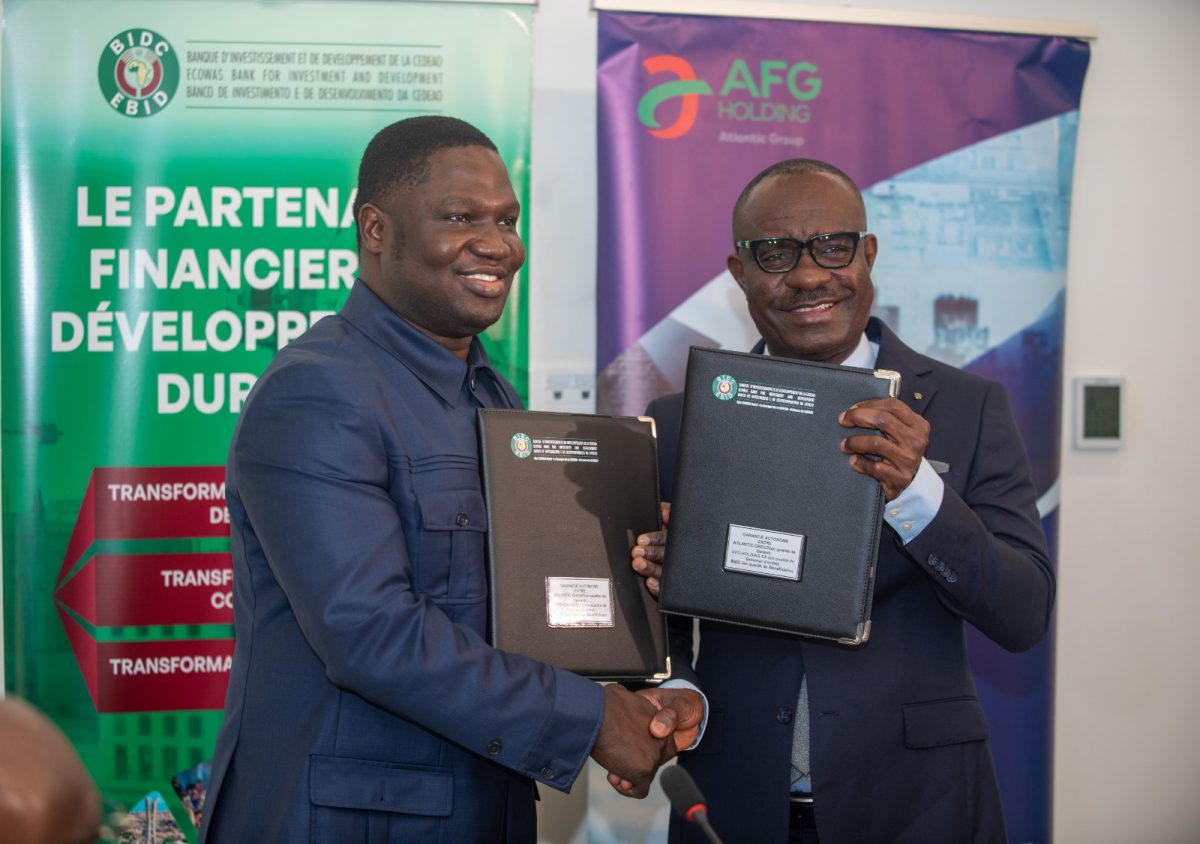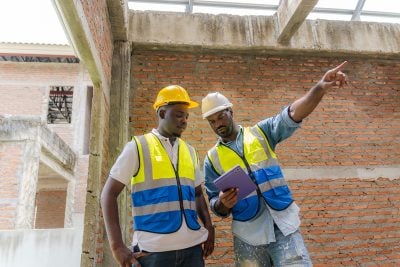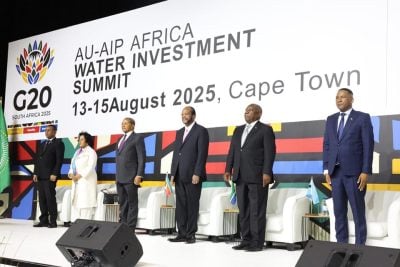This article was produced with the support of ECOWAS Bank for Investment and Development
The ECOWAS Bank for Investment and Development (EBID) has strengthened its commitment to fostering inclusive and sustainable economic transformation in West Africa through a new €50 million line of credit to AFG Holding SA. The facility, formalised on Tuesday, 18 November 2025, in Abidjan, Côte d’Ivoire, is designed to unlock fresh capital for businesses across the sub-region and deepen support for private-sector development—particularly for small and medium-sized enterprises (SMEs).
Under the agreement, the funds will be channelled through AFG Holding SA’s subsidiaries operating within ECOWAS, namely AFG Bank CI SA and AFG Bank Guinea. Both institutions will deploy the resources to bolster enterprise growth, expand productive capacity and stimulate job creation in key sectors of the regional economy.
Speaking at the signing ceremony, Dr George Agyekum Donkor, President and Chairman of the Board of Directors of EBID, underscored the Bank’s dedication to driving broad-based development and economic resilience. “Empowering the private sector is a crucial pillar in our efforts to address the persistent challenge of youth unemployment and foster economic resilience in our sub-region,” he said. “This partnership with AFG Holding SA will expand access to vital financing for businesses that are the engines of our economies and contribute significantly to the regional value chain.”
Boosting SMEs — the backbone of West Africa’s economy
Across ECOWAS, SMEs account for the majority of businesses and serve as essential drivers of innovation, industrialisation and employment. Yet they continue to face structural constraints, including limited access to affordable, long-term finance—an obstacle that frequently undermines growth and competitiveness.
The new EBID–AFG facility seeks to address this gap by providing enterprises with capital to scale operations, upgrade technology, strengthen governance structures and integrate more effectively into both regional and global value chains. The expectation is that improved access to credit will enable SMEs to diversify product offerings, increase productivity and expand export potential, ultimately contributing to more resilient local economies.
AFG Holding: reinforcing engagement with the real economy
For AFG Holding SA, the partnership represents both a vote of confidence and an opportunity to consolidate its footprint across the region’s financial services landscape. Responding on behalf of the company, Mr Kouakou Anzoua Abissa, Administrator of AFG Holding SA, expressed deep appreciation to EBID for the collaboration.
He reaffirmed the group’s commitment to ensuring efficient and transparent allocation of the funds: “We remain fully dedicated to deploying this facility in a manner that delivers measurable impact in terms of private-sector expansion and economic diversification across ECOWAS.”
AFG Holding’s growing network of financial subsidiaries positions it as an important conduit for long-term capital to underserved market segments, including youth-led enterprises and emerging sectors critical to West Africa’s future competitiveness.
Strengthening the foundations of regional prosperity
With this new financing agreement, EBID further consolidates its role as a trusted regional development financier and a champion of private-sector empowerment. By broadening access to credit for SMEs and supporting the growth of indigenous financial institutions such as AFG, the Bank is contributing to a more self-reliant and prosperous West African sub-region.
The initiative also aligns closely with broader continental efforts to enhance intra-African trade, deepen industrial capacity and prepare local enterprises for the opportunities presented by the African Continental Free Trade Area (AfCFTA).
As West Africa continues to navigate global economic uncertainty, partnerships of this nature—anchored in long-term capital flows and strong institutional collaboration—are set to play a decisive role in shaping the region’s economic trajectory in the years ahead.

 Sign in with Google
Sign in with Google 



